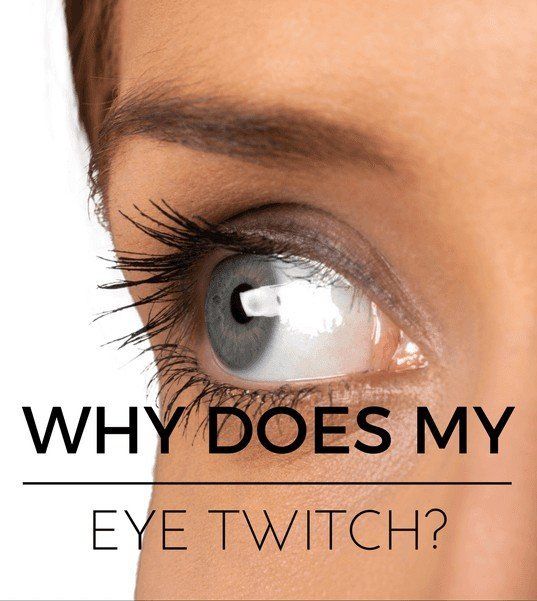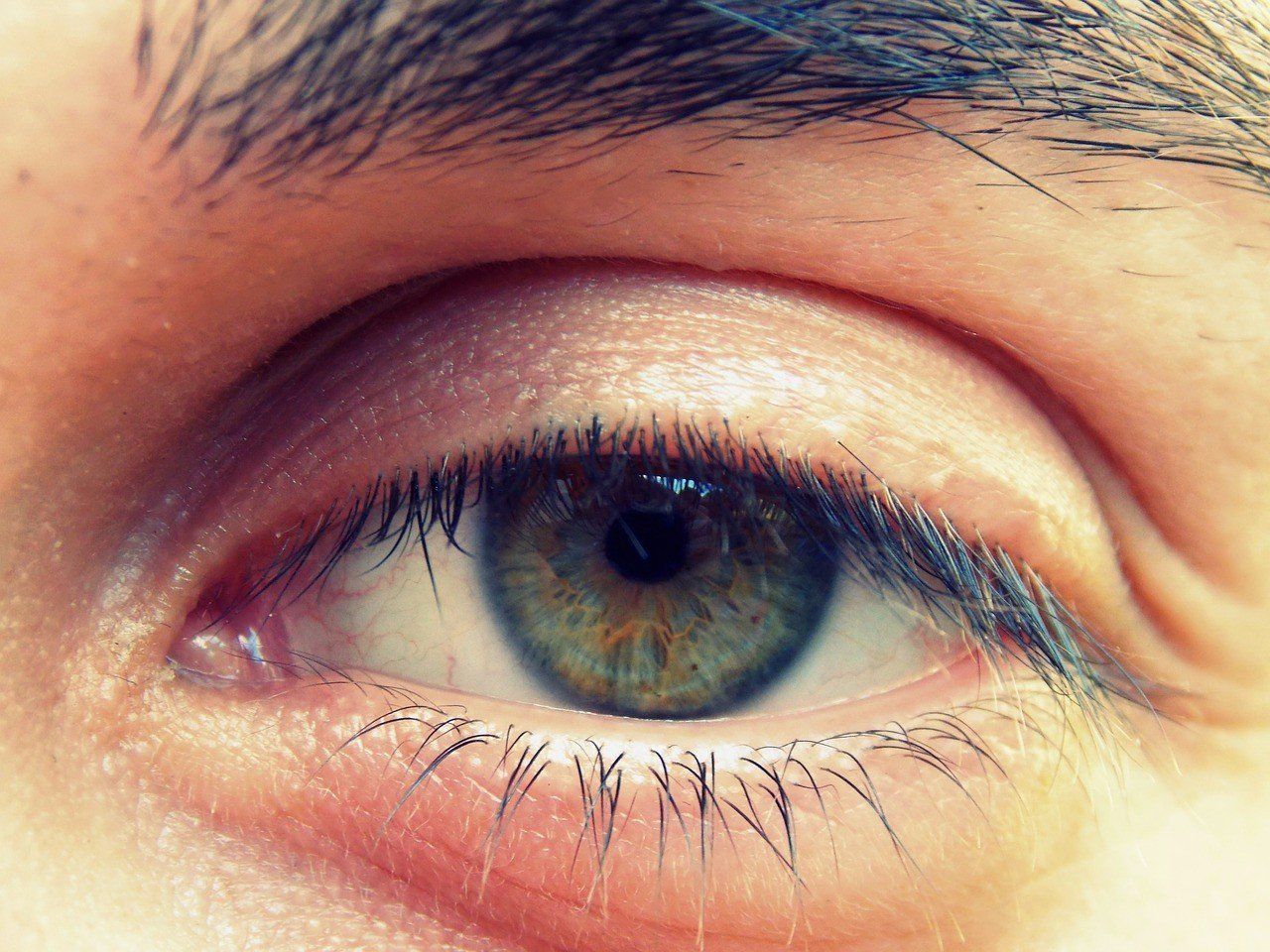Why Does My Eye Twitch?
More than likely if you are reading this, you’ve experienced the strange sensation of an eyelid twitch. It can happen anywhere, at any time, and almost always stops the moment you try to point it out to someone else (and of course resumes the second they turn away just to make you look extra crazy). Well you aren’t crazy - at least in this case - eyelid twitches are a real thing!
Myo-what?
Better known in professional lingo as “myokymia”, this twitching sensation is the result of involuntary, spontaneous, rippling muscle contractions. These spasms can actually occur in almost any of the muscles in your body. When relating to the eyelids, myokymia is most common in your lower lids but can happen in your top lids as well.
Eyelid myokymia is typically very temporary. The twitching will usually only last for a few minutes, but in some rare cases can last for a few days or even weeks.
Your doctor will likely advise you that there is no cause for concern as common Myokymia resolves on its own without the need for treatment. Other than causing mild annoyance, the eyelid twitching shouldn’t cause any long term complications or interference with your vision.Allergies, Caffeine, & Stress - Oh my!
While there isn’t one specific cause for myokymia, there are several contributing factors that can bring about an episode or make its symptoms feel worse. These include:
- Allergies -
There is some evidence that suggests that the histamines released as a result of rubbing your eyes when they are itchy and watery can cause eyelid twitching. Some allergy medicines might provide relief but could also cause excess dryness of the eyes which is another common cause of myokymia. Make sure to check with your eye doctor to ensure you are taking the right medicine or drop for your eyes.
- Caffeine -
Too much of the stimulant effect from caffeinated foods and beverages can put your body on edge (like having the shakes after too much coffee) especially those eyelids! If you have a diet high in caffeine and are struggling with myokymia, try cutting back. Unfortunately this means eating less chocolate too!
- Dry Eyes -
There are a lot of things that can cause your eyes to be dry. If you are experiencing eyelid twitching and your eyes also feel sandy or gritty, dry, or tear excessively see your eye doctor for a dry eye evaluation. Restoring the moisture to your eyes should help stop the spasms.
- Tiredness -
A lack of sleep is one of the most commonly mentioned causes associated with eyelid twitching. Fatigue takes a toll on all of your muscles - not just those in your eyelids - as well as your body’s organs and functions. Make sure to catch up on your zzz’s and strive for 8 hours of restful sleep a night.
- Alcohol -
Some studies think there may be a correlation between myokymia and alcohol. This link might be due to the dehydration that alcohol causes. Try to cut back on your drinking or abstain altogether for a short period to see if this helps.
- Eye Strain -
If your prescription is out of date, chances are your eyes are probably struggling to gain focus. This added eye strain can cause - you guessed it - eyelid twitching. Spending a lot of time on a computer, tablet, or other handheld device can also cause increased eye strain. Here at Precision Vision, we carry glasses specifically for helping your eyes while on a computer.
- Nutritional Imbalances -
There are certain vitamins and minerals such as magnesium, potassium, and calcium that can contribute to myokymia. Make sure you are eating a healthy balanced diet and always consult with your physician before starting any supplements.
- Stress -
You are probably already aware that stress can lead to a whole array of health issues - and eyelids aren’t excluded. Some suggestions to combat stress and lessen your eyelid twitching are yoga, meditation, breathing exercises, and spending time with pets and/or loved ones.
Stop The Twitch!
As mentioned above, myokymia will typically resolve itself with no treatment in a relatively short amount of time. There are a few at home remedies that have yielded positive results such as warm compresses. You can also try to discern what the cause might be and follow the suggestions from the list above.
Although common eyelid twitching is generally a benign condition that doesn’t cause any further harm or signal any serious underlying conditions, there are a few instances where you might want to follow up with your eye doctor. For example, if your spasms are accompanied by pain, sensitivity to light, discharge from the eye, swelling, or suddenly blurred vision it’s best to err on the cautious side. Also, if the twitching doesn’t resolve itself after a week or is impacting the quality of your daily life make sure to mention this to your optometrist as well. In severe cases you might be a candidate for further treatment such as botox injections that will paralyze the muscles and keep them from twitching for up to three months.
Make sure to share this post with your friends on Facebook in case they too are wondering about the dreaded eye twitch!





